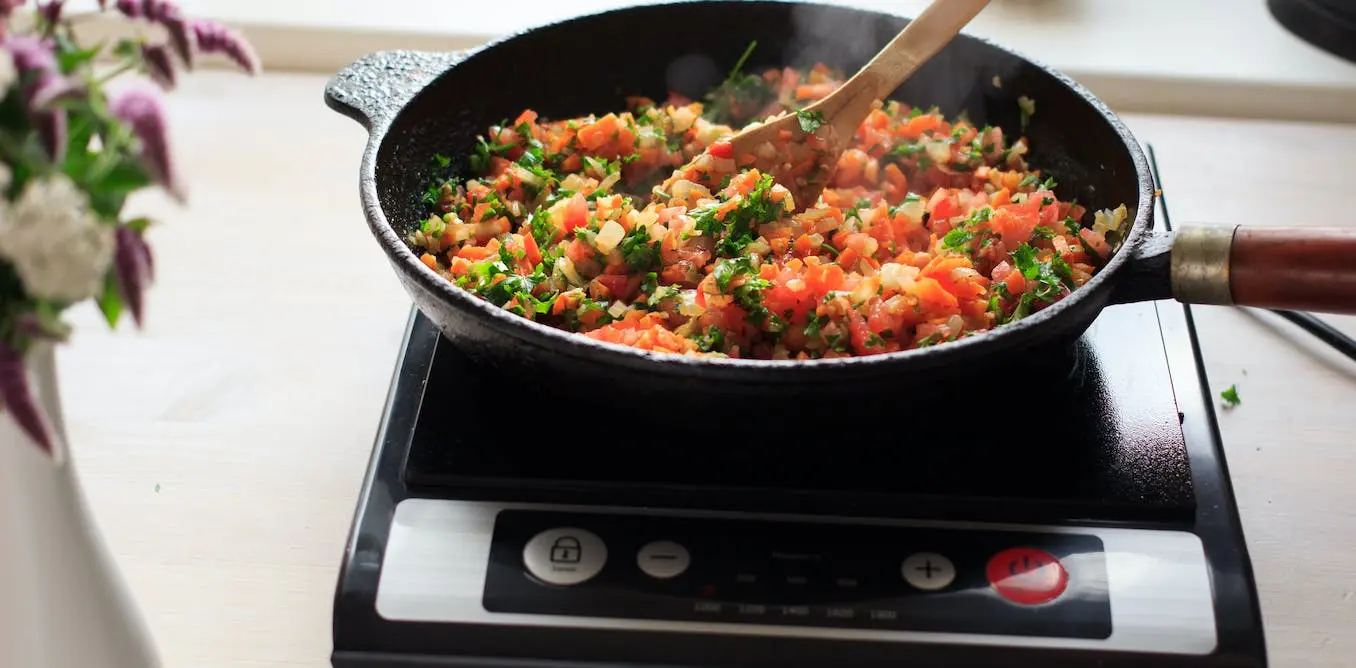cross-posted from: https://aussie.zone/post/1305841
TL;DR: Tip 1 – Find trusted, independent information, Tip 2 – Plan your approach, Tip 3 – Access available rebates and resources, Tip 4 – Wait for a sale or negotiate a better deal, Tip 5 – Know the issues.
If you’re contemplating upgrading gas appliances in your home, or even disconnecting from the gas network altogether, here are a few handy tips and resources to cut through the confusion.
You will avoid ongoing fixed gas supply charges once you disconnect from the gas network, but you may be required to pay an “Abolishment fee” for permanent disconnection.
Just stop using gas appliances in favour of existing electric appliances that do the same job, such as a reverse cycle air conditioner for space heating.
Undertaking a wider energy retrofit may mean you can buy a smaller, cheaper reverse cycle air conditioner when replacing gas heating.
Many of us have grown up with gas in our homes and when one appliance breaks, the easiest thing to do is replace like-for-like.



We have only two gas appliances in our home - the gas stovetop and the instant hot water. I definitely want to look at replacing these with induction and something electric for the hot water. We have solar so would prefer to use this if possible. Also considering getting batteries at some point.
Anyone done something similar?
I bought an expensive induction stove secondhand (so it was cheap), cost a few hundred bucks to get it wired in since at full power they generate a ridiculous amount of heat and a conventional electric cooktop/oven circuit won’t cut it.
It boils water much faster than a gas stove - it’s not even close. It also changes temperature quicker than gas (which has residual heat in all the metal), and the temperature can go extremely low too. The lowest setting is basically the same as if you held the pot in your hands - it will eventually heat up to body temperature. Pretty awesome for keeping food warm after it’s finished cooking.
The temperature changes much more quickly than gas, and it’s easy to clean, and you can use the cooktop as part of your kitchen bench when you’re not cooking. I love induction.
Electric hot water heater is great - costs basically nothing to heat during the day (it’s on a timer, only heats when the sun is high, so even on an overcast day the panels produce enough power to heat the water). There’s an override switch to make it heat outside of hours if we have family visiting and need more hot water overnight. Before we had solar, the hot water heater was about a third of our electricity bill. Now it’s basically non-existent. We use a lot more hot water now, for washing laundry/etc.
Not fully. It’s on the list of things to do if our income ever decides to match living expenses ever again.
We took off an old solar HWS, put panels in its place and bought a 400L element HWS on a simple timer. The HWS functions as a “battery” as it will stay warm for 4-5 days if we turn the timer off. We downgraded the element so it wouldn’t use more than the panels supply.
If you have the roof space, a solar HWS could be the go, or a heat pump. Heat more water while the sun is shining, it’s an efficient power store if the HWS is insulated well.
We also bought a cheap IKEA induction to use instead of gas where we can.
Nah, it’s better to have panels that produce electricity so they can only heat water when they need to and sell power to the grid the rest of the day (which will be most of the day).
The energy to heat water from panels takes more panels than the footprint of a solar HWS. Not everyone has a lot of roof space.
Yep that’s exactly what we did. I started with the gas hot water not functioning effectively, so we replaced it. Then we realised we were paying the daily connection fee just to run the stove for 30 mins a day and swapped that for induction and completed cut the gas off.
We were almost the same. So we had an old solar hot water that was non-functional when we brought the place. It just had a little instant gas backup that was slowly dying. We replaced it with heat pump hot water, ditched the gas cooktop for induction. Also disconnected the old gas heating for split systems. It’s all amazing. We’re getting solar shortly which will help but we’re already saving money not having gas connected any more. The supply to property charge was the killer.